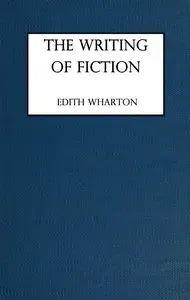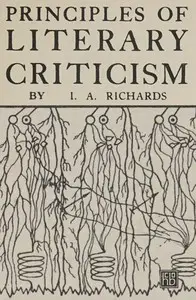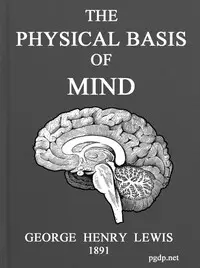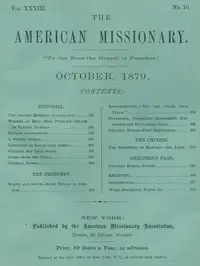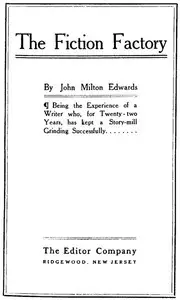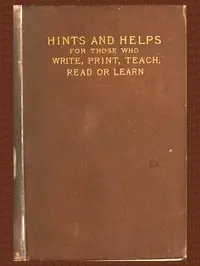The Principles of Success in Literature, written by George Henry Lewes, is a book that explores the key elements required for success in literature. The book emphasizes the importance of vision, sincerity, and beauty in literary works. According to Lewes, vision refers to the ability of the writer to clearly see and convey their thoughts and ideas, sincerity is about being genuine and authentic in one's writing, and beauty is the artistic expression of these thoughts and ideas. The book also discusses the role of imagination, the power of forming images, and the importance of selecting the right words and phrases to convey meaning. Lewes argues that literature should be a sincere expression of the individual's own ideas and feelings, and that the best writing is that which is guided by a clear vision, a sincere purpose, and a beautiful style. The book also touches on the principles of style, including economy, simplicity, sequence, climax, and variety, and how these principles can be used to create effective and engaging writing. The book is written in a formal and analytical tone, with Lewes drawing on examples from literature and philosophy to illustrate his points. He emphasizes the importance of understanding the psychological basis of literary principles and how they can be applied in practice. Lewes also discusses the role of criticism and how it can help writers improve their craft. Throughout the book, Lewes emphasizes the importance of sincerity, originality, and creativity in literature, and argues that these qualities are essential for achieving success as a writer. Overall, The Principles of Success in Literature is a thoughtful and insightful book that offers valuable guidance and advice for writers and literary critics.

The Principles of Success in Literature
By George Henry Lewes
A writer's success depends on their ability to convey their unique vision, sincerity, and style to their audience, while adhering to fundamental principles of literature that engage and resonate with readers.
Summary
About the AuthorGeorge Henry Lewes was an English philosopher and critic of literature and theatre. He was also an amateur physiologist. American feminist Margaret Fuller called Lewes a "witty, French, flippant sort of man". He became part of the mid-Victorian ferment of ideas which encouraged discussion of Darwinism, positivism, and religious skepticism. However, he is perhaps best known today for having openly lived with Mary Ann Evans, who wrote under the pen name George Eliot, as soulmates whose lives and writings were enriched by their relationship, though they never married each other.
George Henry Lewes was an English philosopher and critic of literature and theatre. He was also an amateur physiologist. American feminist Margaret Fuller called Lewes a "witty, French, flippant sort of man". He became part of the mid-Victorian ferment of ideas which encouraged discussion of Darwinism, positivism, and religious skepticism. However, he is perhaps best known today for having openly lived with Mary Ann Evans, who wrote under the pen name George Eliot, as soulmates whose lives and writings were enriched by their relationship, though they never married each other.

